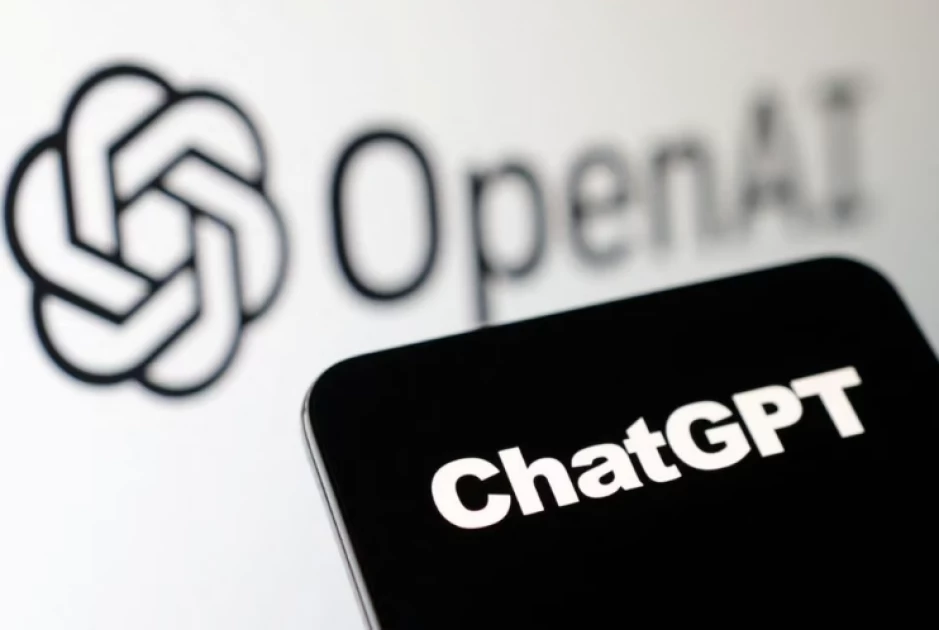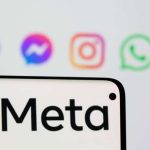Microsoft is aggressively testing the latest version of OpenAI’s GPT-3 technology in a beefed-up Bing search engine. Google said AI-powered features would soon be rolled out in its world-dominating search engine, though it has remained vague on exactly how and when. Facebook, WhatsApp, Instagram, and other rivals have so far taken a more cautious approach, at least publicly, to ChatGPT-style AI.
Chasing Microsoft, global tech giants have rolled out announcements on how they will implement ChatGPT-like artificial intelligence into their world-leading platforms and applications, with YouTube the latest to present plans.
Microsoft has gone the furthest in pushing out generative AI to consumers and has pledged to pump billions of dollars into OpenAI, the company behind ChatGPT. The Windows maker is aggressively testing the latest version of OpenAI’s GPT-3 technology in a beefed-up Bing search engine, with plans to add the tool to the easily accessible Windows 11 taskbar.
Microsoft is also planning to add GPT-3 to its Office suite, including Word, as well as the Edge browser. The rollouts guarantee maximum exposure to the technology despite controversies about AI’s readiness for the general public.
ChatGPT has been used to pass exams, deliver sermons, write love and apology letters, code software, and give relationship advice, to name just a handful of its functions. Some companies have used the platform to create emails and sales campaigns.
Marketing experts believe its use could be expanded, helping answer frequently asked customer questions and providing base-level customer support. The healthcare field is excited about its potential too. Some have speculated that it could help answer patient questions about symptoms and advise them on how to continue.
With both the US and the UK suffering from doctor shortages, the tool could get patients in need simple care fast, while freeing up physicians for more serious work. It has also landed a spot as a ‘co-author’ on more than 200 books on Amazon.
Students have also reportedly bent the rules by harnessing the AI’s power to write essays and create projects. But its ease of use and accessibility has made it a hit with the general public too. There are anecdotes of people using it to find new recipes or to write cover letters for their job search.
Media reports of the chat technology going haywire surfaced soon after the Bing integration was introduced. The Redmond, Washington-based company subsequently made some tweaks to the program but has largely stayed on course. Feeling the pressure from Microsoft, Google February unveiled Bard, a ChatGPT-like conversation robot that is powered by its large language model called LaMDA.
The California-based giant said it was working with a smaller-scale version of LaMDA to facilitate testing and “make sure Bard’s responses meet a high bar for quality” in a veiled dig at Microsoft’s more aggressive push.
Google said AI-powered features would soon be rolled out in its world-dominating search engine, though it has remained vague on exactly how and when. “We must bring experiences rooted in these models to the world boldly and responsibly,” said CEO Sundar Pichai.
At Google-owned YouTube, new CEO Neal Mohan said generative AI would soon be offered to creators to “expand storytelling and raise their production value.” But YouTube was “taking the time to develop these features with thoughtful guardrails,” he added.
Meta has so far taken a more cautious approach, at least publicly, to ChatGPT-style AI for its key social media platforms Facebook, WhatsApp, and Instagram. CEO Mark Zuckerberg on February 27 said his company was creating a product group to come up with ways to “turbocharge” the company’s work.
He cautioned however that there was a lot of “foundational” work to do. Meta also announced a large language model called LLaMA, that would be made available to researchers as an open-source tool, unlike ChatGPT whose technology is secret.
The platform populated with teens said it will introduce a chatbot powered by the most up-to-date version of OpenAI’s ChatGPT. Available initially to subscribers, the “MyAI” tab will allow users to interact with a chatbot, much like it were a friend.
Given the young audience, Snapchat’s chatbot will be far more restricted than ChatGPT. Requests to write school essays or churn out inappropriate content will be more tightly controlled. Shopify, the retailer platform, is also turning to ChatGPT for a consumer app.
Baidu, China’s internet search giant, said on February 7 its own ChatGPT rival Ernie Bot could be released as early as March, to use it in an array of services from search and cloud computing to autonomous driving.
A day after Baidu’s announcement, Chinese e-commerce giant Alibaba said that it was also testing a ChatGPT-like service through its research institute. Tesla and SpaceX tycoon Elon Musk, who also owns Twitter, is reported to be mulling a conversational bot that would do away with filters on ChatGPT that he says are too politically correct.
According to the news website The Information, Musk has approached researchers in recent weeks about forming a new research lab that would rival OpenAI, a company where he was an early investor before selling out.
Read More:





 PTA Collabs With Meta To Raise Digital Awareness Against Scams
PTA Collabs With Meta To Raise Digital Awareness Against Scams